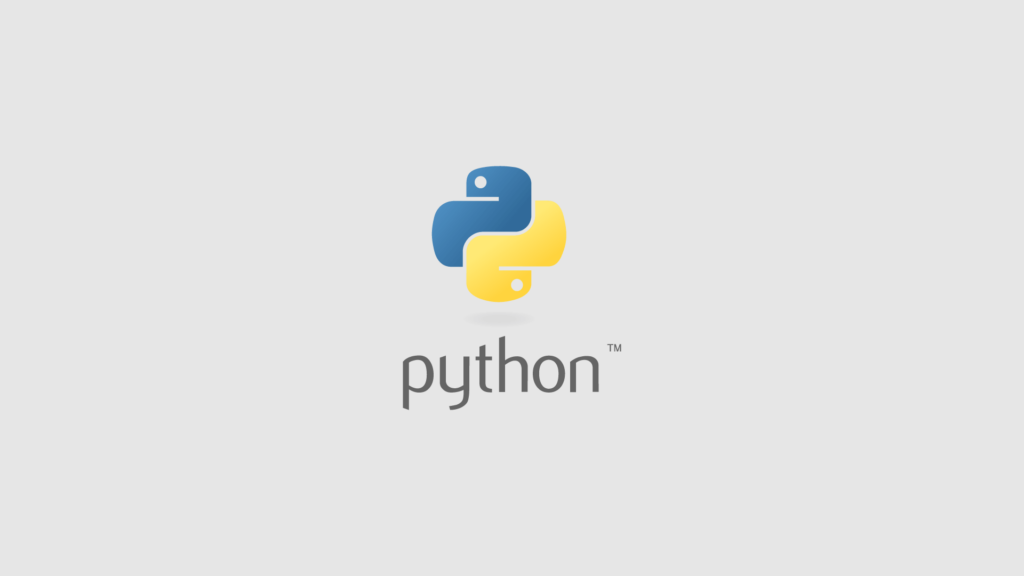Yaptığınız uygulamada CPU, Memory, Network ve Disk bilgilerini kullanıcılara göstermek isteyebilirsiniz veya sistemin genel durumunu kontrol etmek için geliştirmeler yapabilirsiniz. psutil aracılığı ile bu ve buna benzer bilgileri topladığımız kodumuz şu şekildedir.
import psutil
import json
def bytes2human(n):
symbols = ('K', 'M', 'G', 'T', 'P', 'E', 'Z', 'Y')
prefix = {}
for i, s in enumerate(symbols):
prefix[s] = 1 << (i + 1) * 10
for s in reversed(symbols):
if n >= prefix[s]:
value = float(n) / prefix[s]
return '%.1f%s' % (value, s)
return "%sB" % n
class cpuInfo():
def __init__(self):
self.info = {}
self.cpu_percentage()
self.cpu_count()
self.cpu_freq()
def cpu_percentage(self):
perct = psutil.cpu_percent(interval=0.5,percpu=True)
cpuinfo = {}
for i in range(0,len(perct)):
cpuinfo['Core {}'.format(i)] = perct[i]
self.info['CPU Usages'] = cpuinfo
def cpu_count(self):
self.info['Psychical CPU Core'] = psutil.cpu_count(logical=False)
self.info['CPU Count'] = psutil.cpu_count()
def cpu_freq(self):
freq = psutil.cpu_freq(percpu=True)
freq_info = {}
for i in range(len(freq)):
freq_info["CPU {}".format(i)] = {'Max':freq[i].max,'Current':freq[i].current}
self.info['CPU Frequency'] = freq_info
def collectioner(self):
return json.dumps(self.info)
class memoryInfo():
def __init__(self):
self.info = {}
self.meminfo()
self.swapinfo()
def meminfo(self):
mem = psutil.virtual_memory()
total = bytes2human(mem.total)
used = bytes2human(mem.used)
free= bytes2human(mem.total - mem.used)
perc = mem.percent
self.info['Pysical Memory'] = {'Total':total,'Used':used,'Free':free,'Percentage':perc}
def swapinfo(self):
mem = psutil.swap_memory()
total = bytes2human(mem.total)
used = bytes2human(mem.used)
free = bytes2human(mem.free)
perc = mem.percent
self.info['Swap Memory'] = {'Total': total, 'Used': used, 'Free': free, 'Percentage': perc}
def collectioner(self):
return json.dumps(self.info)
class hddInfo():
def __init__(self):
self.info = {}
self.hddGeneral()
def hddGeneral(self):
hdd = psutil.disk_partitions()
hddinfo = {}
for h in range(len(hdd)):
hddinfo['DISK{}'.format(h)] = {'Disk Type:':hdd[h].fstype, 'Device Name':hdd[h].device, 'Disk Usage':self.hddUsage(hdd[h].mountpoint)}
self.info['DISK Properties'] = hddinfo
def hddUsage(self,hddName):
info = {}
hdd = psutil.disk_usage(hddName)
info['Disk Usage'] = bytes2human(hdd.used)
info['Total'] = bytes2human(hdd.total)
info['Free'] = bytes2human(hdd.free)
info['Percentage'] = bytes2human(hdd.percent)
return info
def collectioner(self):
return json.dumps(self.info)
class NetworkInfo():
def __init__(self):
self.info = {}
self.networkTraffic()
self.failedNetwork()
def networkTraffic(self):
networks = {}
net = psutil.net_io_counters(pernic=True)
for n in net:
networks[n] = {'Bytes Recv': bytes2human(net[n].bytes_recv),'Bytes Send':bytes2human(net[n].bytes_sent)}
self.info['Success Network Traffic'] = networks
def failedNetwork(self):
networks = {}
net = psutil.net_io_counters(pernic=True)
for n in net:
networks[n] = {'Dropped Inner Packets': net[n].dropin, 'Dropped Outter Packets': net[n].dropout}
self.info['Dropped Network Traffics'] = networks
def collectioner(self):
return json.dumps(self.info)
print(cpuInfo())


